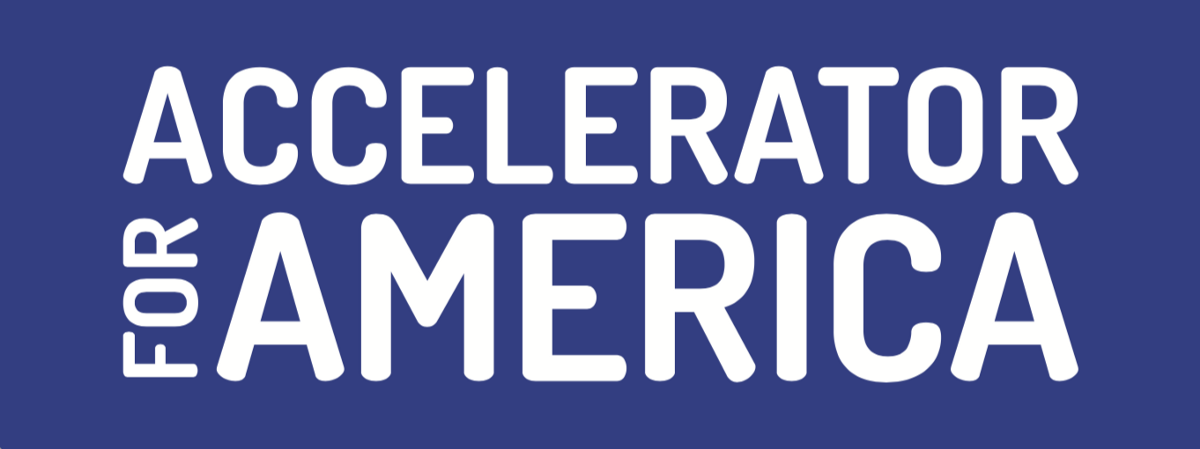Playbooks
These playbooks, developed with our partners at Drexel’s Nowak Metro Finance Lab and The Governance Project, describe how to set up relief funds for individual and small business assistance and provide real examples of the best funds across the nation to date, with detailed operational logistics that can serve as replicable national models.
Use the self-assessment tool to begin this process and figure out which fund typology may be right for your municipality. Then follow the corresponding playbook to understand how to set up the fund, utilizing the examples and templates below.



Initiated with city government money to quickly deliver support through loans or grants to small businesses (Examples: Albuquerque Fund Model Birmingham Strong Fund; Lansing Small Business Recovery Grant Program; Chicago Small Business Resiliency Loan Fund Term Sheet; Oklahoma City Small Business Continuity Program). Read the full Chicago COVID Recovery Playbook for Small Businesses & Nonprofits.
Initiated with dedicated public entities like economic development agencies or special use authorities that are affiliated with, but operate independently from, City Hall (Example: Erie County Gaming Revenue Authority Small Business Relief Fund).
Run through local nonprofit business associations and provide long-term and quickly deployed loans to the small businesses in their communities (Example: Indianapolis Chamber Fund).
Set up separately from City Hall and are capitalized with funds from community foundations or local anchor institutions to provide grants to small businesses.
Capitalized by the variety of banks and CDFIs that commonly lend to small business.
Fund Criteria & Documentation TemplateS
CRITERIA & EVALUATION TEMPLATE
This template has been generated from grant and loan priorities listed publicly from first-mover local small business support funds. It is intended to serve as a set of suggestions that can be applied to different city contexts when developing an evaluation process for allocating limited small business relief funds.
INTEREST EMAIL RESPONSE & FORM CHECKLIST TEMPLATE
Most emergency small business relief funds operate by having a web page followed by an email address you contact if interested in the fund. They are done this way to facilitate secure document transfer. This is a draft response email with a checklist of what’s included within. It also is a checklist of forms that any fund administrator should be sure to include.
Template intake questions
This is a draft application questionnaire template. This should directly tie back to your chosen criteria and evaluation system. Applications should also require a standard loan application and financial statement.
Policy
Thought pieces and resources to both craft local policy and also advocate for federal policy that better address the issues our cities are facing and serve our most vulnerable populations.
Needed: A Main Street Emergency Act
We propose a $50 billion Main Street Emergency Act to augment local relief funds with federal resources and provide an additional tool in small business relief. The Act would have two components: (a) $40 billion for a Main Street Local Relief Program; and (b) $10 billion for a Main Street CDFI Program.
Saving Small Business: Supersize the Local Role
Support existing — and stand up new — local efforts to provide emergency funding to small businesses; erect a feedback loop between local and federal responses; and get outside the box and engage a broader group of financial institutions, local and beyond.
10 ways to make sure small businesses weather the storm and can rebuild for the long term
To respond adequately to the crisis, the Kauffman Foundation has shared ideas for cities to prioritize solutions that support new and small businesses and to rebuild a stronger future.
Metro Rebuilding America — Infrastructure Recovery Plan
In LA County, Metro is advancing its sustainable plan to rebuild America after COVID-19 – powered by Measure M – that aims to create over 450,000 jobs and produce an economic output in excess of $79 billion.
U.S. Water Alliance — Guiding Principles to Secure Our Water Future
The U.S. Water Alliance offers 4 principles that knit together enduring water issues critical at this time: who has access to it, who manages it, how it is paid for, and how all communities are kept safe and healthy.
Other Resources and Best Practices
Check out the resources from other cities and partners on COVID-19 relief best practices.




